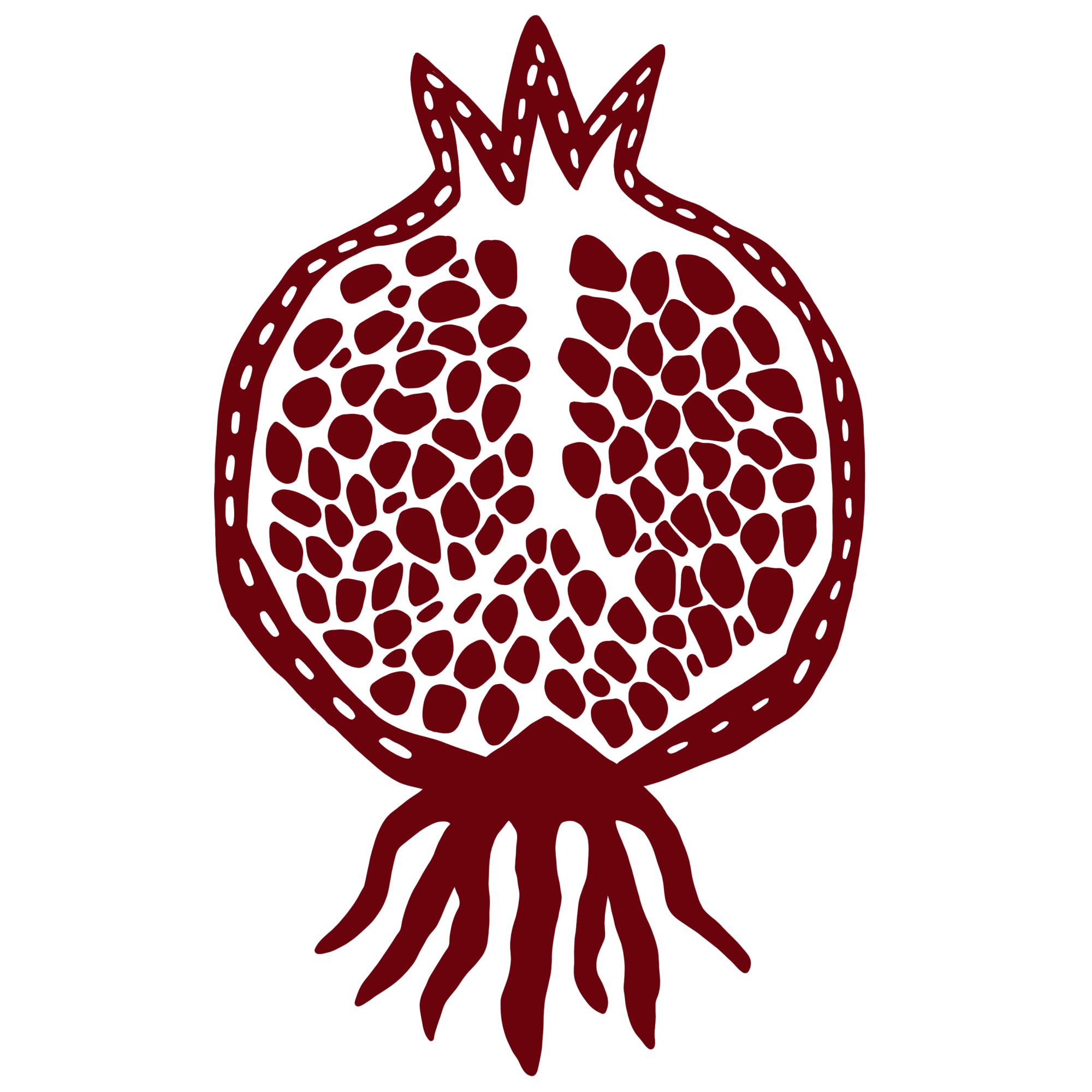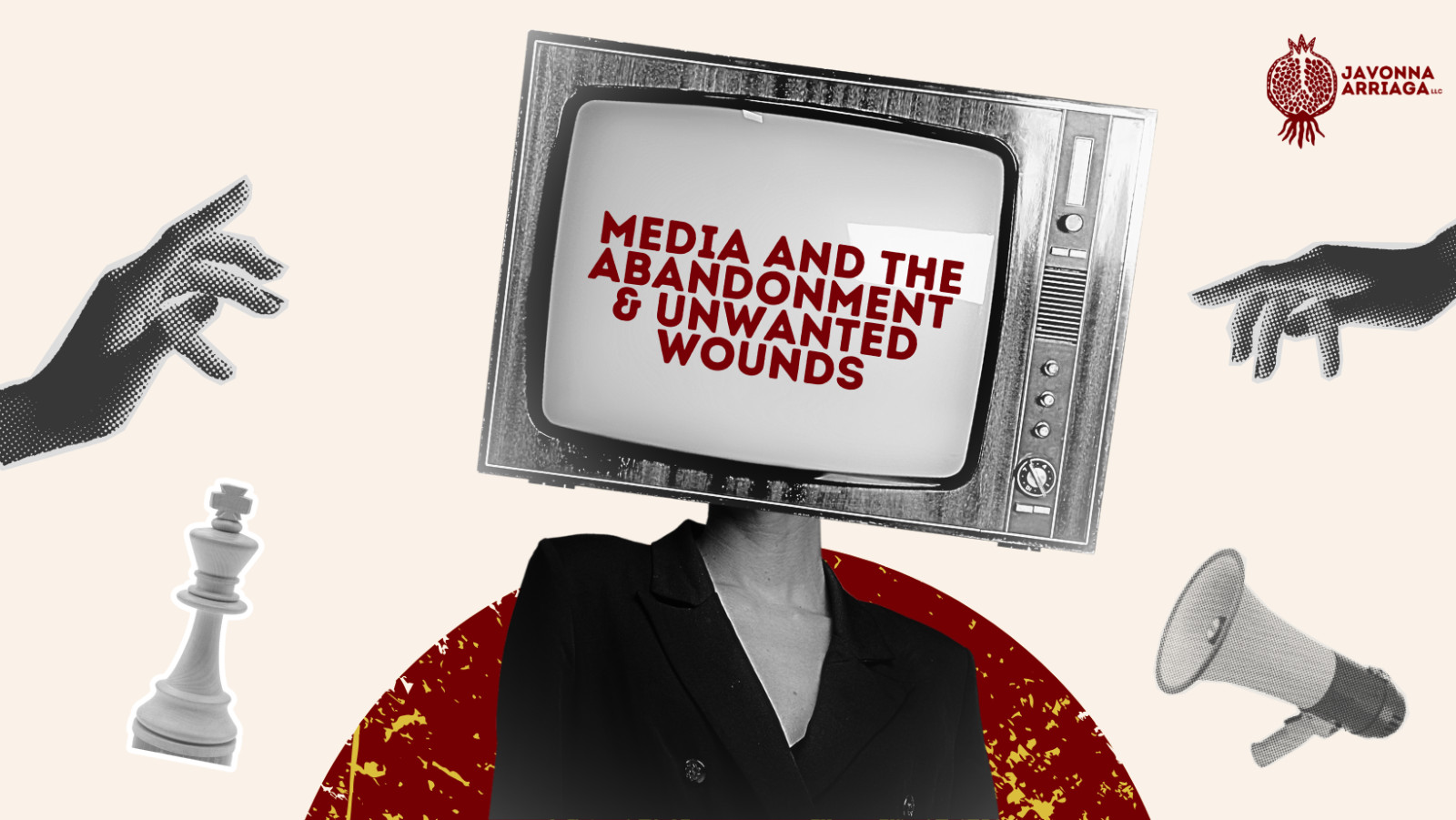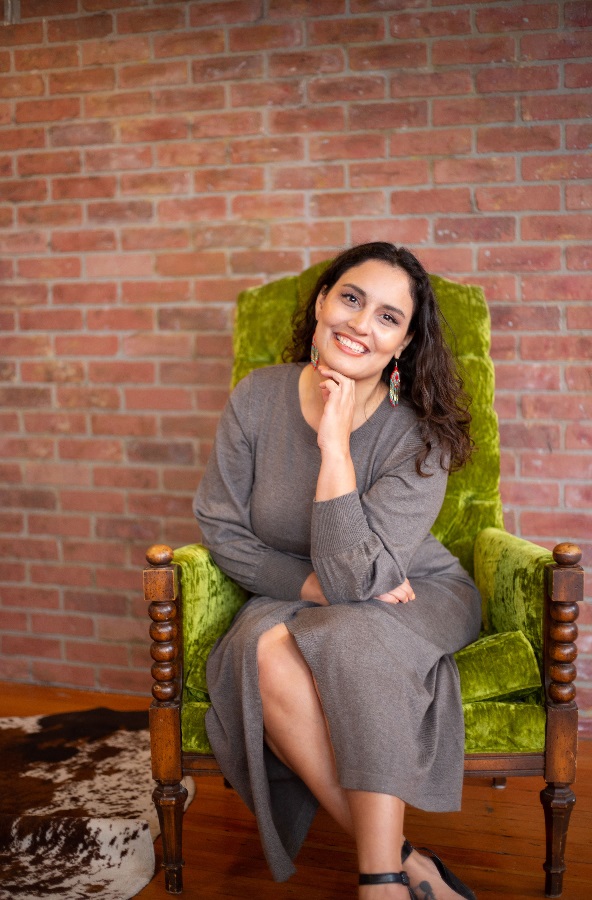Setting boundaries is one of the most essential acts of self-care and healing, yet it often comes with a heavy side of guilt. For many, saying "no" or stepping back from draining relationships feels like a betrayal, not just to others, but to the values we were raised with. So why does doing what’s best for ourselves feel so wrong?
The answer often lies in conditioning. Many of us were taught, explicitly or through family dynamics, that love means sacrifice, that being "good" means being available, agreeable, and selfless. Especially for women, BIPOC individuals, and those raised in high-demand environments, boundaries were rarely modeled as acts of love. Instead, we learned that maintaining peace and pleasing others equates to worthiness.
When we start healing and reclaiming our power, setting boundaries is one of the first and hardest steps. And guilt often rushes in, not because we’re doing something wrong, but because we’re doing something different. That guilt is a signal that you’re challenging old programming.
It’s important to recognize that guilt is not a sign to stop. It’s a sign you’re growing. Boundaries are not walls. They are bridges that teach others how to meet us with respect. They create space for healthier, more authentic connections. And yes, some people may resist them because they benefited from your lack of them. But their discomfort is not your responsibility.
If you’re navigating this journey, try these reminders:
- You are not responsible for others' reactions to your boundaries
- Saying no to others is often a yes to yourself
- You don’t need to justify or over-explain your limits
Healing asks us to prioritize alignment over approval. In time, the guilt will lessen, and in its place, you’ll find peace, clarity, and a deeper connection with yourself.



0 Comments